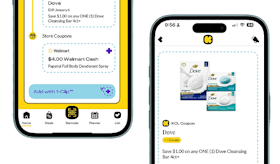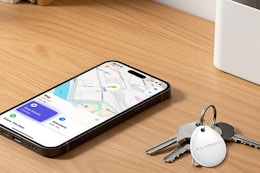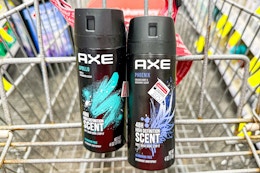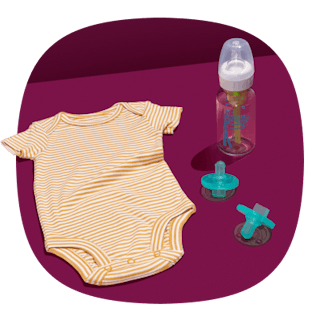Before the pandemic, everyone was entitled to one free credit report a year according to the Fair Credit Reporting Act. But, because of the financial strains companies and individuals started experiencing due to the pandemic, like unemployment — the three biggest consumer credit reporting agencies started offering free reports a lot more often.
Although the U.S. government announced the end of the pandemic early in 2023, the three credit bureaus continue to offer free credit report every week, for now. In addition to these free weekly reports, you can also get six free credit reports per year (until 2027) through the Equifax website or by calling (866) 349 – 5191.
Here are the details about how you can get weekly credit reports for free.
Download The Krazy Coupon Lady app for more money-saving tips, deals, and coupons.
Get a free credit report from Experian, Equifax, and TransUnion every week through Dec. 2023.

Credit scores, which are used by lenders to determine your ability to receive a loan or lower interest rate, are based on the information in your credit report. Not checking your report for errors could literally cost you tens of thousands of dollars in your lifetime. That’s why it’s essential to check for inaccuracies and errors regularly — especially if you’ve recently had to skip loan payments on things like your car or home. The three credit bureaus will stop offering the weekly reports Dec. 31, 2023. At that point, you’ll be eligible to receive one free credit report every 12 months. Plus, the six per year from Equifax until 2027.
Get your free reports on AnnualCreditReport.com.

AnnualCreditReport.com is the same trusted site you’d go to to get your free annual report, and you’ll also have to go there to get your free weekly Experian, Equifax, and TransUnion reports.
The process involves verifying your identity by filling out your name, Social Security Number, and current address on a form. You’ll be able to review one or all three credit bureaus’ reports once you’ve been verified — just remember to save your report as a PDF or print it out before leaving the site since you won’t have access to it again for another week.
These free credit reports won’t show an actual credit score, only the info used to calculate your score.
Related: Check out how to save money in ways that are doable.
[wp_ad_camp_1
What should you look for on your credit report?

Check your personal information.
Any inaccuracies in your personal information on your credit report can prevent credit bureaus from verifying your identification and comprise the security of your data. This means you should regularly info in this section including your social security number, address, telephone numbers, employers, etc.
Watch for items like unfamiliar accounts.
Look for unfamiliar and unauthorized inquiries, lines of credit, and addresses. These could be signs of identity theft or simply errors that can easily be fixed. Dispute an error ASAP by reporting what you found to the appropriate credit bureau. Here’s the contact information for each:
- Experian.com or (888) 397-3742
- Transunion.com or (833) 395-6938
- Equifax.com or (888) 378-4329
Look for delinquencies.
Forgetting a payment isn’t the end of the world, but it can have some long-term negative consequences to your credit. Typically, creditors don’t report late payments until they are least 30 – 60 days past due. Since delinquencies can remain on your credit report for up to seven years, you’ll want to stay on top of these. To prevent missed payments from hurting your credit now and in the future making loan or credit card payments on time is crucial. If you do see a payment you’ve missed on an account, start making payments or reach out to the creditor, lender, collection agency and work out a payment plan if necessary.
If you see a delinquency that was not removed after seven years, file a dispute with the appropriate credit bureau, using the websites or phone numbers above.
Reporting errors on credit reports.
Any time you reach out to a credit bureau about errors (in personal information or accounts) on your credit report be sure to have supporting documents for your claim.
Download the KCL app to add and redeem coupons in store
























































